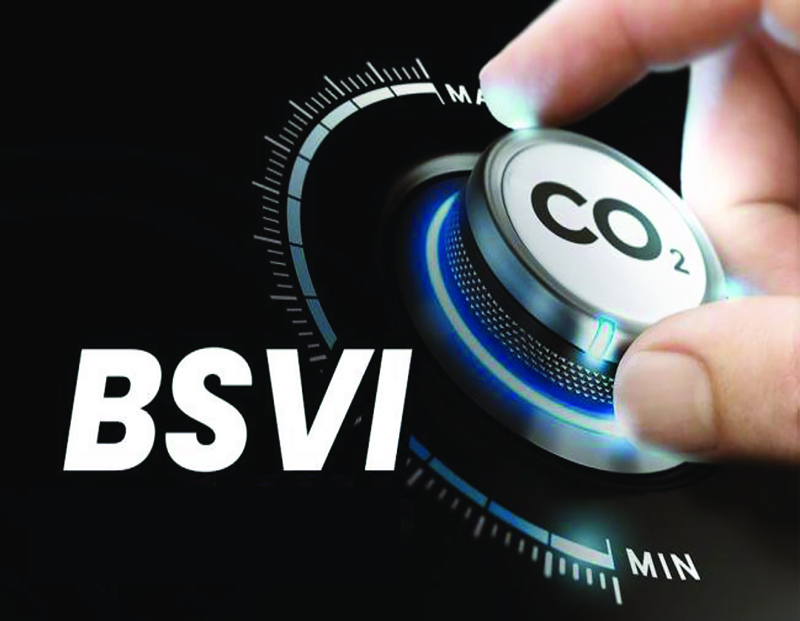The series brings into focus the Indian automotive industry’s journey to the BS VI milestone with a technical session on air quality improvement in Indian cities
The tri-lecture series on ‘Indian Auto Industry’s Journey to BS VI Milestone’ conducted by the Society of Indian Automobile Manufacturers (SIAM) concluded with its 5th lecture on ‘Ambient Air Quality Improvement in Indian Cities’. The complete lecture series delved into building and achieving sustainable development through achieving sustainable mobility. SIAM had launched an environment lecture series on World Environment Day 2020 for integrating and mainstreaming the environmental imperatives for attaining sustainability in the automotive sector.

As most Indian cities suffer from high levels of air pollution, the objective of the tri-lecture series was to spread awareness, knowledge, share best practices, and discuss domain technological advancements and learnings in the transition from BS IV to BS VI, in line with the government’s initiative to reduce vehicular emissions. The session shed light on the industry landscape concerning BS VI norms, cleaner fuels and clean technologies in order to move from fossil fuels to clean energy resources. The series provided an overview of challenges and innovative solutions that the industry needs to develop and adopt in the years to come.
The automotive sector, over the years, has made significant investments in embracing new game-changing technologies. Added to this, the impact of the pandemic has been unprecedented and posed daunting challenges in the progress of automotive sector. The current times demand a holistic long-term roadmap for the automotive industry, accompanied by realistic timelines. The panel of speakers included Dr. Rashid Hasan, Advisor, SIAM; Stein Jens-Olaf, Vice President (Powertrain Systems Development), BOSCH India; Dr. S. S. Thipse, Senior Deputy Director, ARAI; Anoop Bhat, Executive Vice President (Engineering), Maruti Suzuki India Ltd.; Sandeep Singh, Director, Ministry of Environment, Forest and Climate Change; and Prashant K. Banerjee, Executive Director, SIAM.

The participating industry experts delivered their presentations, highlighting various aspects of BS VI emissions, various kinds of fuels, vehicle technology, challenges and experiences in their implementation in the shortest possible timeframe, if compared to that of developed countries. The key takeaways of the lecture series were:
- Regulatory perspective for gaseous fuels and biofuels in India.
- Impact of alternative fuels on air quality.
- Co-existence of internal combustion engine, alternate fuel vehicles and EVs.
- SIAM white paper on alternative fuels.
- Mitigation strategies for pollution and energy security.
During the fifth and concluding lecture on ‘Ambient Air Quality Improvement in Indian Cities’, a consensus was reached that though the government’s initiatives on alternate fuel will always be a welcome move and will curb pollution to a considerable extent while its on-ground implementation will necessitate the deployment of robust research and development and physical infrastructure overhaul. Given that alternative fuel is applicable in various industries and not just in the automotive sector, a holistic approach would be of paramount importance.
Speaking on the series, Rajesh Menon, Director General, SIAM, said: “It is our immense pleasure to successfully conclude the 5th lecture series on environment that started two months ago on the occasion of the World Environment Day. The tri-lecture series was a part of our ongoing mission to develop stringent protocols in the auto sector, thereby making it more structured and organised. With this, vehicular safety will also improve, along with reduced adverse impact on the environment. Our endeavour is to move towards cleaner and sustainable mobility for ensuring a sustainable future. SIAM being an environmentally and socially conscious organisation is consistently in the pursuit of achieving sustainable business along with sustainable goals as envisaged under the aegis of the United Nations”.